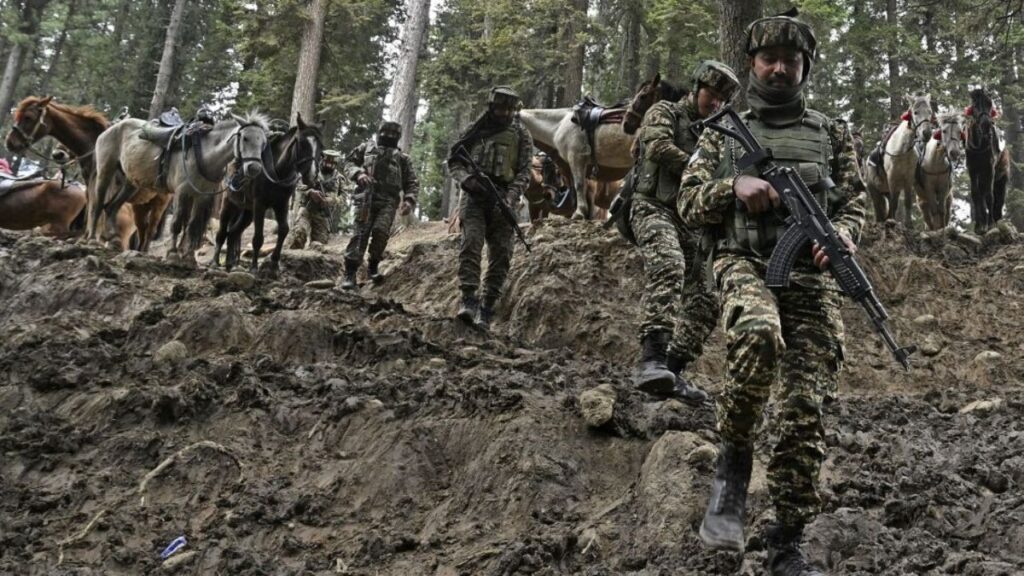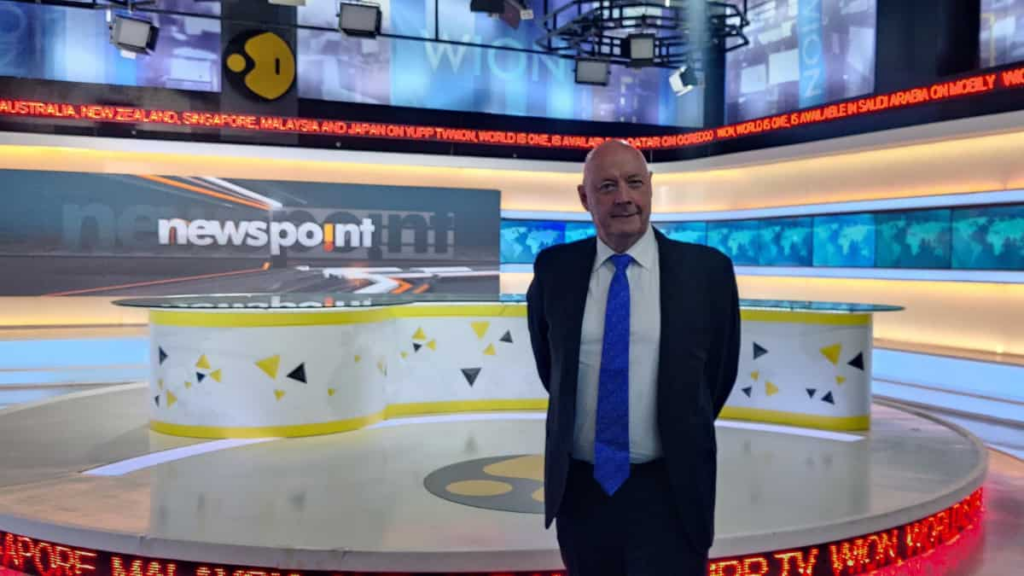Xi-Putin cement strategic ties ahead of US-China high-stakes Geneva trade talks
Chinese President Xi Jinping’s state visit to Moscow marked a pivotal moment in the deepening of Beijing-Russia ties, as the two leaders reaffirmed their long-standing partnership with symbolism and substance. This is President Xi’s first face-to-face meeting with Russian President Vladimir Putin since 2022, and notably, his first visit to Moscow since US President Donald Trump returned to the Oval Office.
The timing is no coincidence. President Xi’s trip comes just days before a high-stakes, face-to-face dialogue between China and the United States in Geneva, where top officials will sit down to negotiate over an escalating trade tariff dispute. Xi and Putin’s renewed show of unity underscores their shared desire to present a unified front, just as China prepares to recalibrate its economic diplomacy on the world stage.
In a ceremonial display of solidarity, Xi was welcomed at the Grand Kremlin Palace, where he and Putin exchanged greetings as “dear friends.” The leaders held bilateral talks, signed a sweeping joint statement, and stood side-by-side during the Victory Day Parade in Red Square, commemorating the Soviet Union’s defeat of Nazi Germany in World War II.
China-Russia Economic Ties: From Sanctions to Strategic Dependency
The economic bond between Beijing and Moscow has become increasingly critical, particularly for a sanctions-hit Russia. According to Chinese customs data, bilateral trade between China and Russia surged to a record $245 billion in 2024, marking a 68 per cent increase from 2021.
As reported by Bloomberg, this growth was largely driven by China’s expanded imports of Russian oil and gas and exports of automobiles, electronics, machinery, and dual-use components vital to Russia’s wartime production. The alignment became especially critical after Western nations imposed harsh sanctions on Russia following its invasion of Ukraine.
Reuters notes that Russia has emerged as the top importer of Chinese vehicles, benefiting from the exit of Western carmakers. However, recent Russian tax hikes and softening demand have slowed Chinese car exports in early 2025.
Despite the trade momentum, key frictions remain. Beijing has been hesitant to finalise the Power of Siberia 2 gas pipeline deal, a flagship Russian energy project that would run through Mongolia. As per Bloomberg, China is opting for a diversified energy portfolio rather than locking itself into deeper dependency on Russian gas.
Xi-Putin joint address in Russia
In their joint statement, as stated by Reuters, Xi and Putin pledged to “further deepen the China-Russia comprehensive strategic partnership of coordination for a new era.” The document strongly criticised Western sanctions and power politics, stating, “Both sides strongly oppose the imposition of unilateral illegitimate restrictive measures and external interference in the internal affairs of sovereign states.”
Xi emphasised that, “China stands together with Russia in opposing unilateralism, bullying, and interference by powerful forces in the name of international rules.”
Putin echoed the sentiment, stating, “Together with our Chinese friends, we stand guard over historical truth and uphold global fairness, stability, and order.”
Both leaders also vowed to strengthen coordination in international forums, including the United Nations, BRICS, and the G20, with a stated goal of promoting “global strategic balance and multilateralism.”
The Geneva Talks: China’s Diplomatic Tightrope
President Xi’s high-profile Moscow visit precedes a crucial moment in China’s foreign economic policy: direct trade talks with the US in Geneva, where Beijing is expected to seek relief from President Trump’s 145 per cent tariffs on Chinese goods, among the highest imposed by any administration.
According to Bloomberg, China will likely position itself as the more responsible amid the turbulence caused by Trump’s “America First” policy. At the same time, Beijing has been strengthening ties with Latin America, Africa, and Southeast Asia, looking for alternative markets to reduce reliance on the US
Xi’s state visit to Moscow had set against the backdrop of the Geneva trade talks, is a bold geopolitical signal. As China walks a diplomatic tightrope in Geneva, it’s doing so without backing away from its closest strategic partner.





Responses